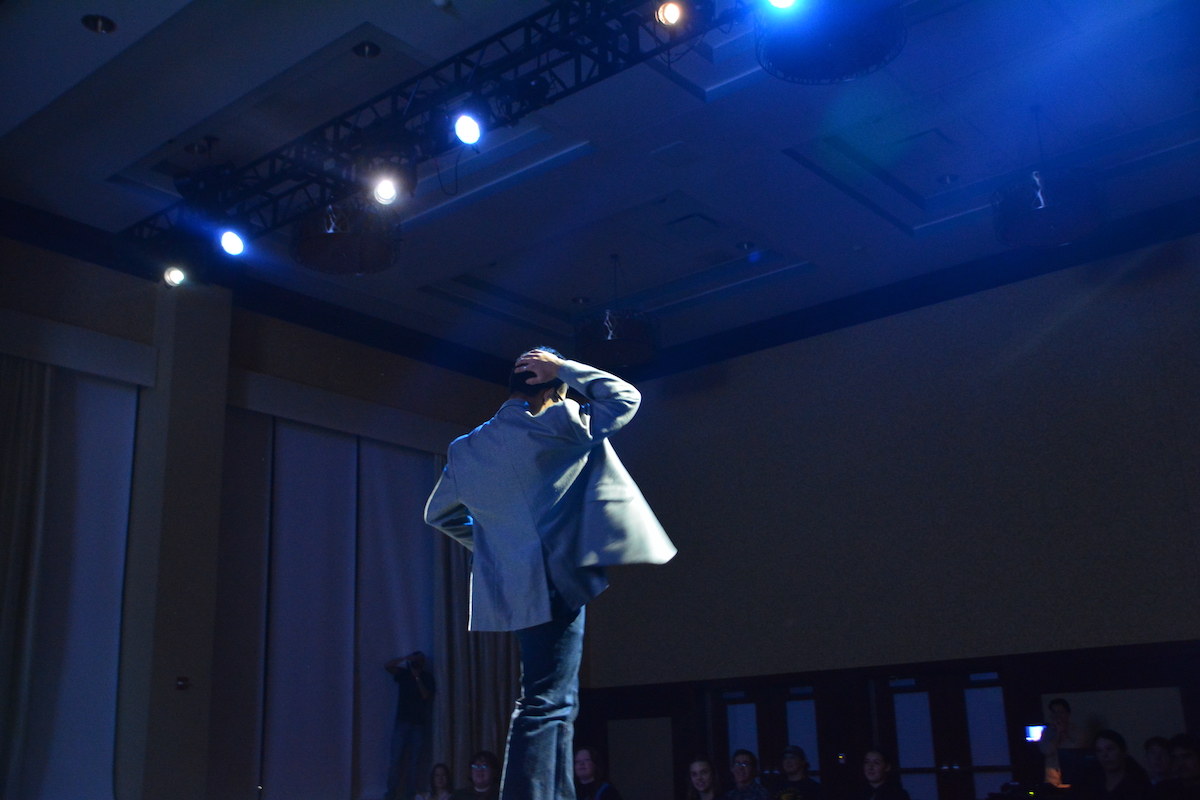When “American Beauty” was released in 1999, my pre-adolescent self believed that this film must truly symbolize the world of adults. Not that it necessarily portrayed what adulthood was actually like, but rather that being old enough to watch that film meant crossing the threshold into adulthood. It was a forbidden and iconic piece of the adult culture on the side of a line I could not yet cross.
Eleven years later, I finally crossed that line and watched this film; but I’m still not sure I was old enough.
The marketing tag line for “American Beauty” was appropriately “look closer,” as the film sets itself up as an all-revealing examination of a cross-section of suburban life. Middle-aged Lester Burnham lives in an immaculate suburban home with his workaholic wife and a daughter that hates him. He lives in a depressed stupor, until inspiration to change his life arises in the unexpected form of his teenage daughter’s friend.
A dramatic movie riddled with twisted laughs, American Beauty is one of those rare movies that effortlessly defies easy categorization. While some films seem to go out of their way to challenge expectations or stereotypes, “American Beauty” honorably attempts to reign in the ridiculous and opts for a more restrained and honest tone. The movie almost relies on stereotypes, on the familiar, to evoke squirms or laughs from its audience. There is no need to overload characters with quirk, charm and rad accessories, because life, in all its organic randomness, is weird enough on its own.
Sure, some of the characters’ actions seem extreme, but if one is able to piece together what the last eighteen or so years of their life had been like, the actions seem justified.
But yes, I did say “if.” Unfortunately, I struggled with imagining how the character’s lives up to the opening shot had put them in such messed up situations. Is Lester Burnham really so unlikable that his daughter would hate him with such passion? How did his wife Carolyn become such a soulless psycho without anyone seeming to notice or care?
I kept waiting for some reveal that would help me understand how the animosity had grown for years so unchecked. But the movie came and went with no reason for drama other than the viewer’s entertainment.
I will not argue with the fact that the cinematography is stunning. I also wouldn’t argue that the acting was brilliant. And yes, I’m mostly talking about Kevin Spacey there. I wanted to high-five and run far, far away from him at the same time. And will not deny Sam Mendes the praise and awards he received for directing the film.
But a film is more than the sum of its parts. And something here just didn’t add up.
Watching this movie was not an incredibly enjoyable experience. I generally do not enjoy watching selfish people acting selfish, or, in this case, watching selfish caricatures behaving selfishly.
But just because it wasn’t that enjoyable doesn’t mean I wasn’t deeply affected.
“I’m not obsessing. I’m just curious.” This line was spoken by next-door voyeur Ricky Fitts, but really, his dangerous claim could have been made by any of the self-deluded characters in “American Beauty.” At first, it seems that this terrible balance between obsession and curiosity, and the dangers of crossing the line from one territory to the next, are core ideas this movie plays with. But I quickly realized that this is not accurate. The movie doesn’t warn against crossing the line; it painfully reveals that there is no line. The fools in this film are those that think they can dabble in curiosity without drowning in obsession.
There is a truly beautiful yet miserable moment when Lester says of his daughter, “Janie’s a pretty typical teenager. Angry, insecure, confused. I wish I could tell her that’s all going to pass, but I don’t want to lie to her.”
This film begs you to look closer. Sometimes you see things you wish you hadn’t.






